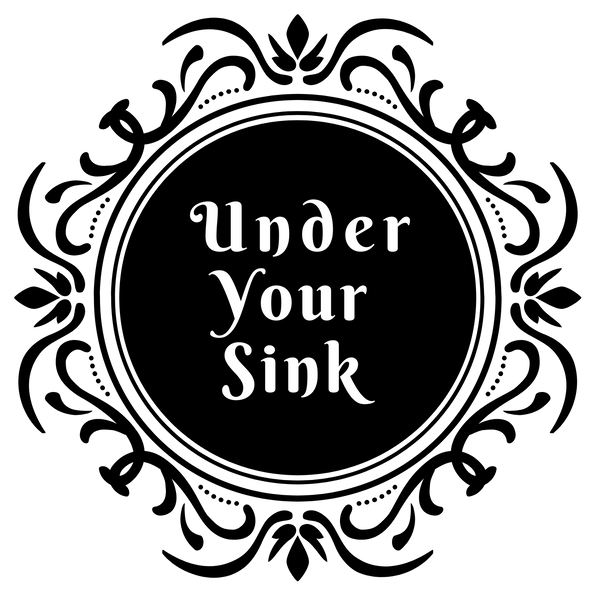Natural Floor Cleaning: What Works on Each Surface
🌱 DIY Green Cleaning Guide
By Analisa from Under Your Sink
Most supermarket floor cleaners are a cocktail of synthetic surfactants, solvents, fragrances and preservatives. Many of these chemicals aren’t necessary for cleaning - they’re there to create foam, leave a lingering smell or extend shelf life. The downside is they can trigger allergies, affect indoor air quality, and leave residues that build up on surfaces. Add in the single-use plastic packaging, and the cost to your home and the environment becomes clear.
DIY solutions take a different approach. With just a few natural staples, you can mix exactly what you need, when you need it. Ingredients like Castile soap, vinegar and essential oils each have distinct cleaning roles, and when you understand how they work - and where to use them - you have a safe, effective and eco-friendly way to clean.
pH plays a big part in this - Castile soap in water usually sits around pH 8-9, mild enough for most floors but still strong enough to cut grease. Vinegar sits around pH 2–3, acidic but predictable and safe on tiles and glass.
Different floor types need different care. With natural cleaning, it’s less about following strict recipes and more about understanding how each ingredient behaves on each surface.
-
Castile Soap: A mild soap derived from plant oils, usually olive or coconut. With a pH around 8-9, it’s close to neutral and safe on most surfaces. It cuts through grease and grime without damaging protective finishes and is biodegradable.
-
White Vinegar: An acidic cleaner (pH 2–3) that dissolves mineral deposits, lifts soap scum, and leaves a streak-free shine. Best reserved for tiles, glass, and areas that can handle acidity.
- Essential Oils: These add fragrance and bring antimicrobial properties. Oils like lemon, lavender, tea tree, or eucalyptus are most commonly used in floor care.
Now before you start sprinkling or scrubbing, have a quick think about your floor type. What works a treat on one surface might not suit another. So here are a few quick tips to help based on your floor type:
Wooden Floors
Wood needs gentle treatment. Avoid excess water and anything with extreme pH. A bucket of warm water with a spoonful of Castile soap is all you need. Wring out the mop well and dry quickly..
Stone, Granite & Concrete
Durable but sensitive to acid. Stick to Castile soap in warm water, pH close to neutral, and avoid vinegar or other acidic cleaners which can etch the surface. Dry thoroughly to avoid streaks.
Low-maintenance but prone to scratching and discolouration. Avoid vinegar, washing soda, or anything harsh. A mild soap-and-water solution is safest. No abrasives or ammonia.
Ceramic Tiles
Tiles can take more, but grout is the weak spot. Skip chlorine bleach, which yellows grout, and use sodium percarbonate or hydrogen peroxide instead. Vinegar works well for streak-free shine but use it separately - never mix it with Castile soap.
⚠️ CRUCIAL TO NOTE
Don’t combine Castile soap and vinegar. Their pH clash leaves a curdled, sticky residue that stains. Use one or the other, depending on the surface.

